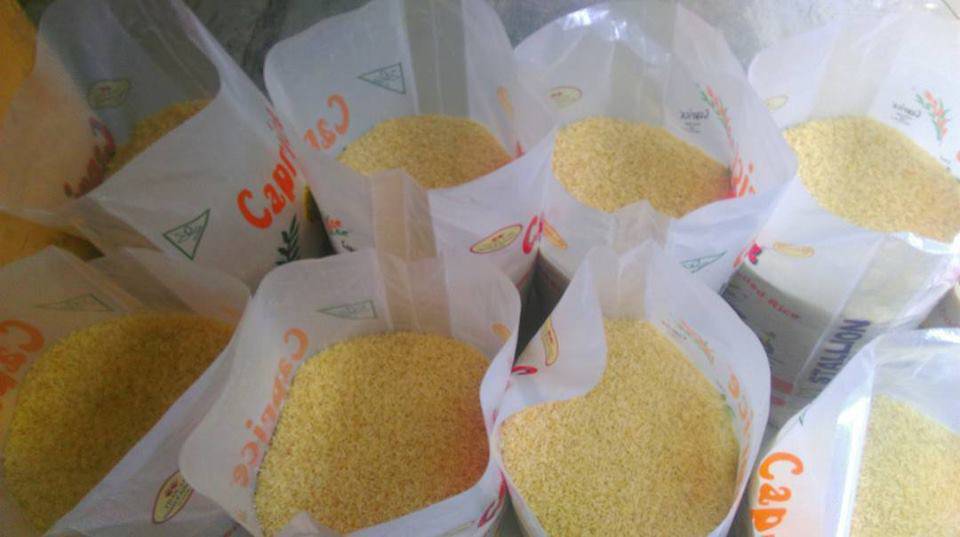
Amidst the soaring food inflation plaguing the country, Nigerians can finally breathe a sigh of relief as rice prices have taken a nosedive, plummeting by a staggering 25-30 percent within just two months. From N90,000 to N55,000 for a 50kg Bag
Nigerian households who were grappling with the burden of forking out an exorbitant N90,000 for a 50kg bag of rice as recently as February 2024 can now purchase the same quantity for a far more reasonable price, ranging from N55,000 to N68,000. This remarkable price drop has been observed in major markets across Lagos, including Mushin, Agege, Ikorodu, and beyond.
Foreign and Local Rice Varieties Witness Price Slashes
The price slashes have extended to both Nigerian and foreign rice varieties, with a 50kg bag now available for less than N72,000 in several markets visited by Daily Trust analysts in Lagos and Abuja last week. Similarly, a 25kg bag of rice can be purchased for between N28,000 and N34,000, depending on the brand.
Traders Confirm Reduced Prices, Cite Stronger Naira
Traders have corroborated the price drops, with Mrs. Aisha Bello, a food vendor in Mushin, revealing that she began selling her “long rice” variety for under N72,000 last Wednesday, following her distributor’s sale of the product to her at around N63,000. Another trader, Emeka Okoye from Agege, attributed the price decrease for foreign rice to the strengthening of the Naira in the foreign exchange market, stating that with the dollar now at N1,100, traders are able to import rice at lower costs.
Potential Factors Contributing to the Price Drop
Multiple factors have been cited as contributing to the slash in rice prices. The appreciation of the Naira in the foreign exchange market has played a significant role, as most market activities in Nigeria are centered around the US dollar. Additionally, the increase in the number of players in the rice processing sector, particularly those who process rice domestically, has also been credited as a driving force behind the price reduction.
Boom and Bust Concerns Linger
However, amid the welcome relief, concerns have been raised about a potential boom and bust scenario. With inflation rates still high at 33.2% as of March 2024, some experts believe that the current price levels may not be sustainable if inflation is not brought under control. Factors such as insecurity, poor electricity supply, and ease of doing business must also be addressed through effective fiscal policies to complement the Central Bank of Nigeria’s efforts.
As Nigerian households rejoice in the temporary respite from high rice prices, the government and industry stakeholders must remain vigilant and proactive in addressing the underlying issues that could threaten the sustainability of this positive trend.

